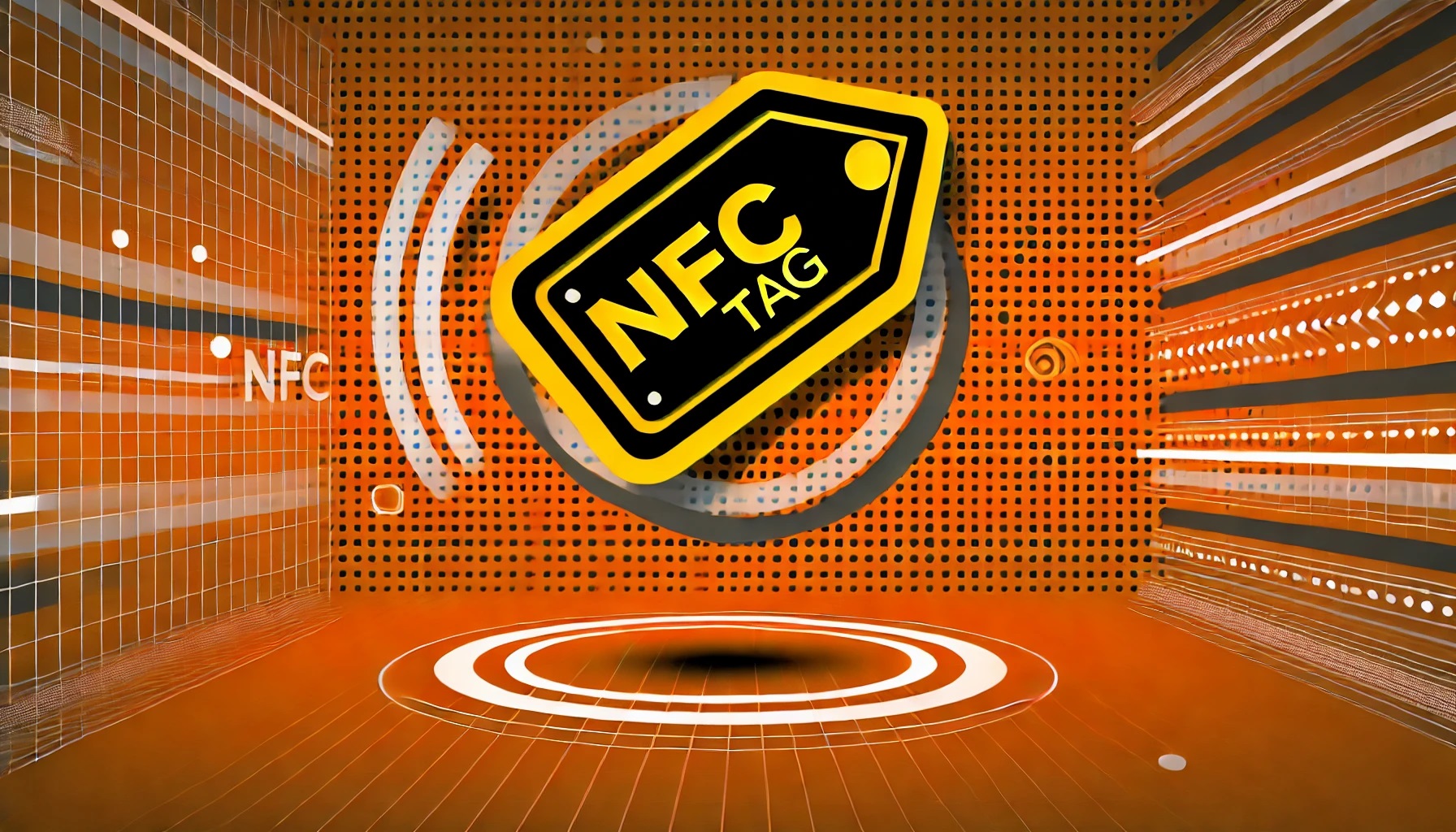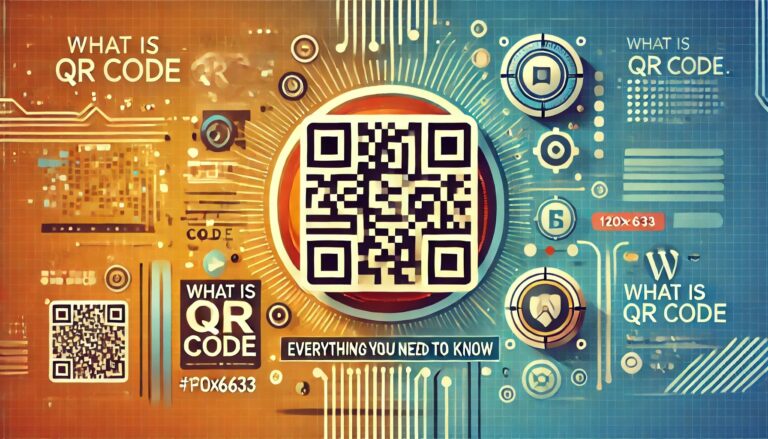Introduction
In an increasingly interconnected world, the NFC (Near Field Communication) tag has emerged as a versatile tool with wide-ranging applications, particularly gaining traction in India’s tech-savvy market. NFC technology enables seamless communication between devices in close proximity, revolutionizing how we interact with everyday objects and enhancing user convenience across various sectors.
Understanding NFC Technology
Near Field Communication (NFC) technology allows devices to communicate by bringing them within close range, typically a few centimeters. It operates on the principle of electromagnetic induction and enables data exchange between an NFC-enabled device, like a smartphone or tablet, and an NFC tag or another NFC device.
Applications of NFC Tags in India
Payment Systems and Digital Wallets:
NFC technology has played a pivotal role in transforming digital payments in India. With initiatives like the Unified Payments Interface (UPI) and NFC-enabled payment solutions, users can now make contactless payments swiftly and securely using their smartphones. Services like Google Pay and Paytm leverage NFC technology to facilitate transactions, offering users a seamless payment experience.
Smart Retail and Marketing:
NFC tags are increasingly integrated into retail environments across India. Retailers use NFC-enabled tags on products to provide customers with instant access to detailed product information, reviews, and pricing. Additionally, NFC tags embedded in promotional materials or displays allow consumers to access exclusive offers or discounts with a simple tap of their smartphone.
Public Transport and Ticketing:
Major Indian cities are adopting NFC technology for contactless ticketing systems in public transport networks. Commuters can use NFC-enabled smartphones or smartcards to pay fares and access transport services, streamlining the ticketing process and enhancing passenger convenience.
Access Control and Security:
NFC tags are employed in access control systems for buildings, campuses, and events across India. These tags enable authorized personnel to gain entry with a tap of their NFC-enabled device, replacing traditional key cards or manual verification methods. Such systems enhance security measures while offering a convenient access solution.
Healthcare and Pharmaceutical Tracking:
In the healthcare sector, NFC tags are utilized for patient identification, medication tracking, and inventory management in Indian hospitals and pharmacies. These tags help streamline operations, reduce errors, and ensure the authenticity and traceability of medical supplies and equipment.
Advantages of NFC Tags
Convenience:
NFC technology simplifies everyday tasks such as payments, access control, and information retrieval, enhancing user convenience.
Speed and Efficiency:
NFC transactions are fast and efficient, making them ideal for high-traffic environments like retail stores and transport hubs.
Security:
NFC transactions are secure, utilizing encryption and authentication protocols to protect user data and prevent unauthorized access.
Versatility:
NFC tags can be integrated into various devices and applications, offering versatility across different industries and use cases.
Future Trends and Adoption in India
As India continues to embrace digital transformation, the adoption of NFC technology is expected to grow across sectors such as banking, retail, healthcare, and transportation. Government initiatives promoting digital payments and smart city development further propel the integration of NFC-enabled solutions in everyday life.
Conclusion
NFC tags represent a pivotal advancement in connectivity and convenience, offering a seamless bridge between physical objects and digital interactions. In India, the adoption of NFC technology has accelerated across diverse sectors, transforming how businesses operate and how consumers engage with technology. As the ecosystem evolves, NFC tags are set to play an increasingly integral role in shaping India’s digital future. In summary, NFC technology stands poised to revolutionize the way we interact with our surroundings, enhancing efficiency, security, and user experience in the Indian context and beyond.







